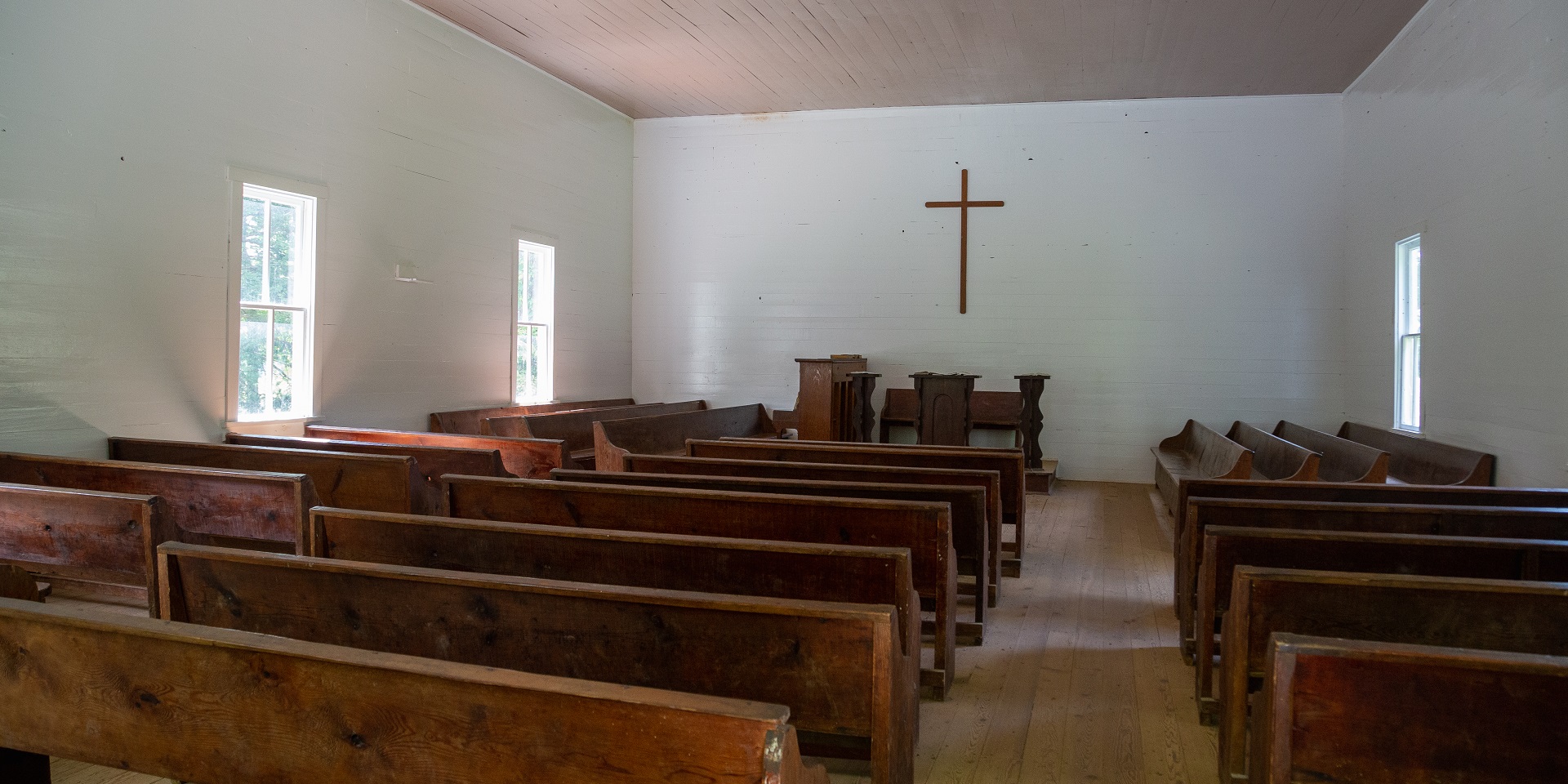“Born in a home where the scant necessities of life were luxuries, when he left the world for heavenly scenes of labour, he bequeathed it his possessions–two silver spoons, a silver teapot, a well-worn frock coat and the Methodist Church”[1] Basil Miller
John Wesley’s life was amazing. During his work as a preacher, he travelled on horseback more than 400,000 kilometres, in England, Scotland, and Ireland, with an average of more than 35 kilometres per day. That’s 10 trips around the world.
He would wake up every morning exactly at 4 o’clock and pray for an hour. At 5 o’clock, he would deliver the first sermon of the day. In more than 50 years, he delivered about 42,000 sermons and wrote over 200 books.[2] At the age of 86, on a tour of Ireland, he gave 100 sermons in 60 towns and villages, 6 sermons a day, in the open air. Two days before his 88th birthday, he preached twice before large crowds. His work was always methodical and systematic.
A brand plucked from the burning
At the age of six, little John Wesley was rescued from his burning house, just before the roof collapsed. That is why he often referred to himself as “a brand plucked from the burning.”[3] He was educated in a rigorous spirit of discipline and order, which would mark him for the rest of his life.
After graduating from various schools, Wesley received his bachelor’s degree at Oxford and later his master’s degree. During his university studies, he became the leader of the “Holy Club,” founded by his brother, Charles, who would compose over 7,000 Christian hymns. Group members met for methodical Bible study, regular prayers, and religious discussions.
Between 1735 and 1737, Wesley was invited to preach the gospel to the natives of the American state of Georgia. On this voyage, he met a group of Moravian settlers. When crossing the Atlantic, he experienced moments of horror during a storm, but also the surprise of finding that, as the waves became more and more agitated and threatening, the English panicked, while the Moravians calmly sang hymns and prayed.
Eventually, the storm subsided, but the storm in Wesley’s soul did not subside until he accepted Jesus as his Saviour. About this experience, Wesley noted in his diary: “A terrible screaming began among the English. The Germans calmly sang on. I asked one of them afterward, ‘Were you not afraid?’ He answered, ‘I thank God, no.’ I asked, ‘But were not your women and children afraid?’ He replied, mildly, ‘No; our women and children are not afraid to die.’”



















